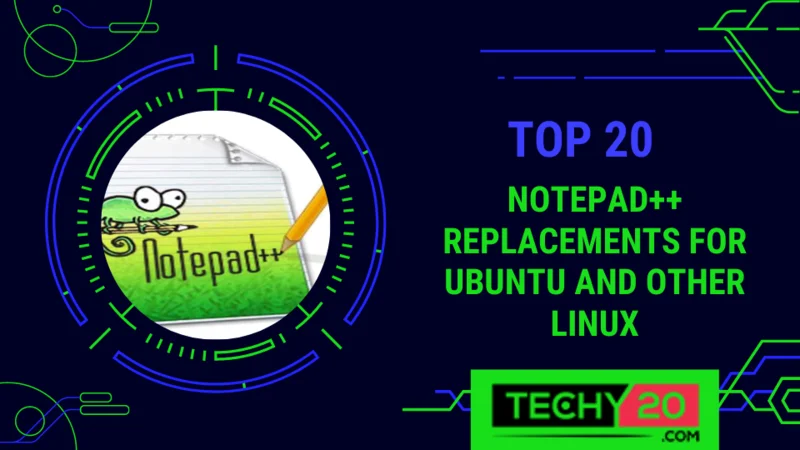Notepad++, a text editor for Windows, is a favorite among developers and programmers. However, regarding Linux, Notepad++ may only sometimes be compatible. The good news is that plenty of text editors are available for Linux users. These alternatives offer almost identical features to Notepad++. This article will discuss the 20 replacements for Notepad++ designed for Ubuntu and other Linux distributions.
1. Sublime Text
Sublime Text is a top-notch text editor in the developer and programmer communities. It provides support for programming languages, making it an incredibly versatile choice. Sublime Text allows users to customize its interface according to their preferences. It offers features like Goto Anything, mode split editing, and a command palette.
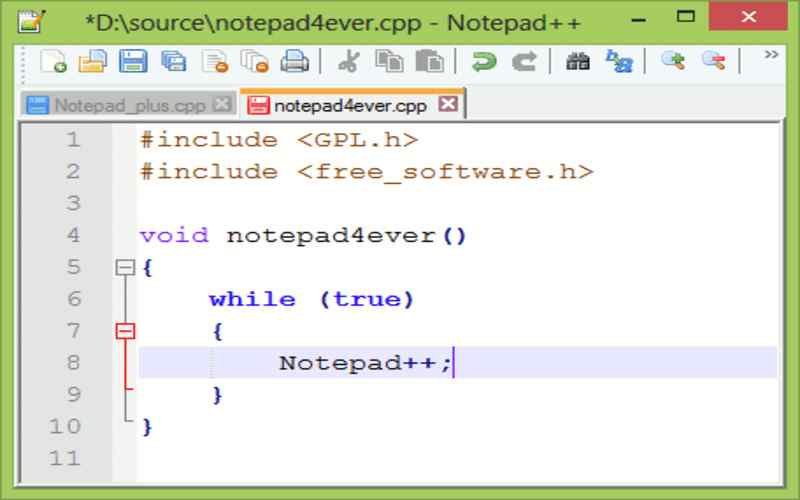
2. Visual Studio Code
Visual Studio Code (VS Code), developed by Microsoft for Windows, Linux, and macOS platforms, has gained popularity due to its features and seamless integration with other Microsoft tools. VS Code offers languages that boast code completion, powerful debugging capabilities, and an extensive extension marketplace.
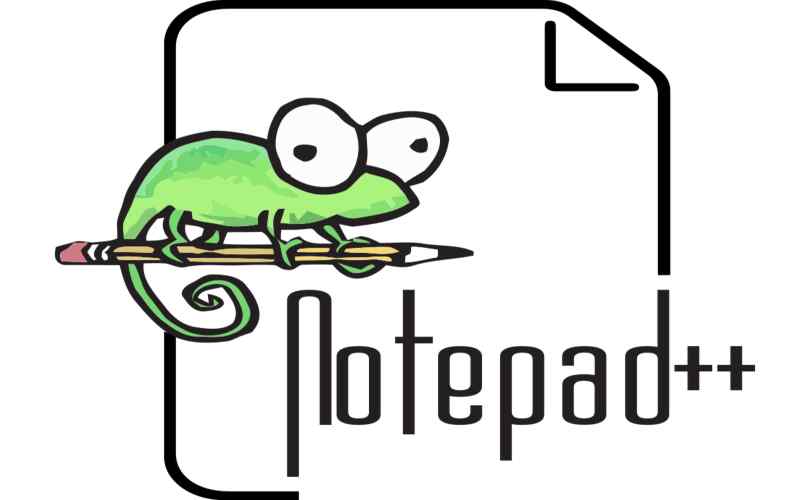
3. Atom
Atom is an open-source text editor created by GitHub. It is well known for its customizability, which enables users to personalize the editor based on their preferences. Atom has support for programming languages and comes equipped with a convenient package manager. Noteworthy Atom features include the ability to work with panes, split editing functionality, intelligent autocompletion, and an active community that continuously develops plugins.
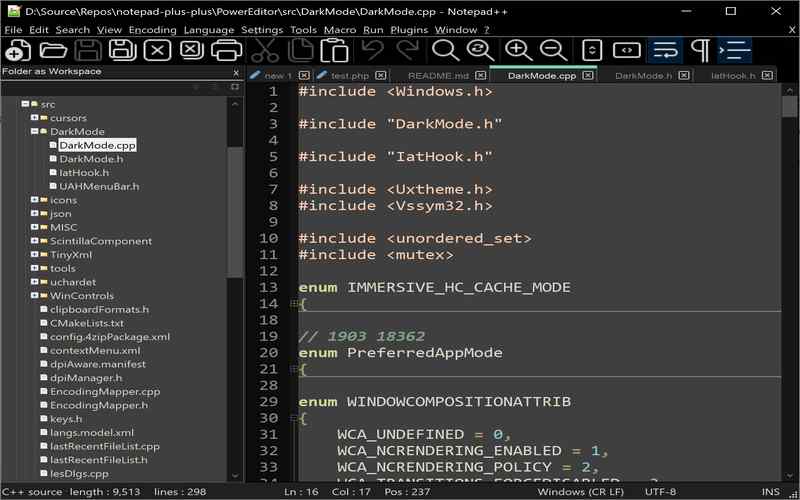
4. Brackets
Brackets, which Adobe supports, is an open-source text editor designed for web development. It offers features such as preview, inline editors, and preprocessor support, making it a fantastic choice for web developers. Moreover, brackets provide customization options. Brackets has an active repository of extensions.
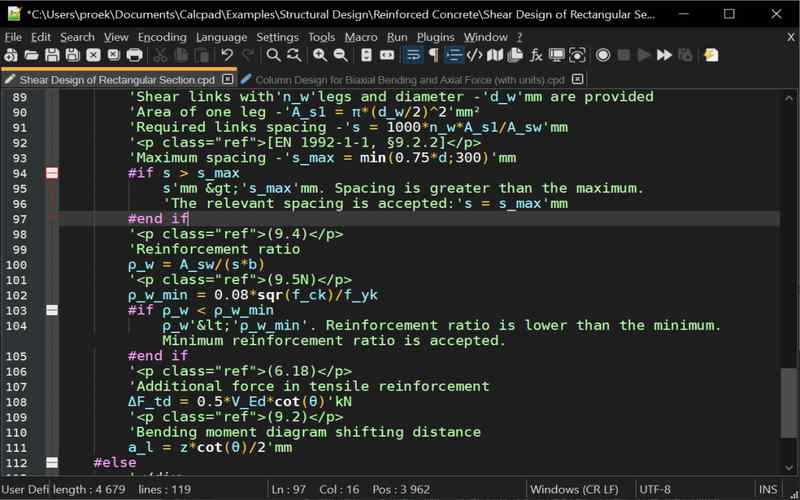
5. Kate
Kate is a powerful text editor exclusively developed for the Linux environment. It boasts functionalities like support for document syntax highlighting, code folding, and plugin compatibility. Users can easily customize Kate to create their personalized development environment.
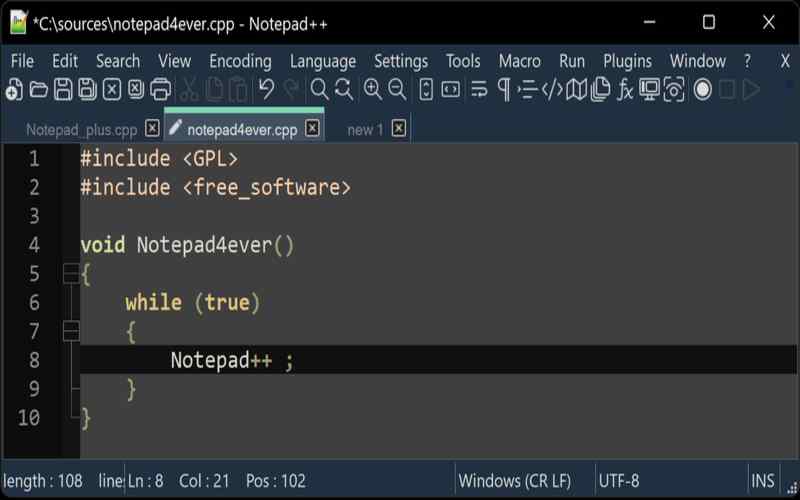
6. Geany
Geany is a lightweight text editor that seamlessly integrates with the Linux ecosystem. Alongside its features like syntax highlighting, code folding, and autocompletion support, Geany is known for its versatility in handling programming languages. Additionally, it comes with a built-in emulator that proves helpful to developers.
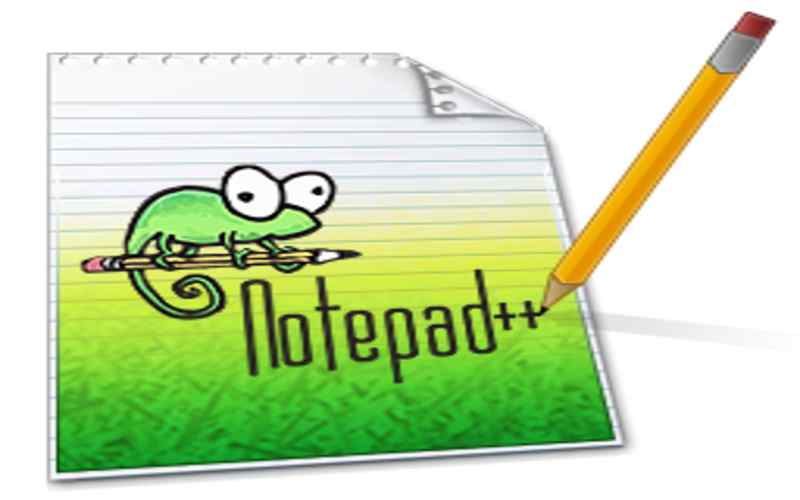
7. Gedit
Gedit emerges as a user-friendly text editor that comes pre-installed on Linux distributions. While it may offer fewer advanced features than the other text editors, Gedit remains a reliable choice for basic editing tasks. It includes functionalities like syntax highlighting, session management capabilities, and bracket matching functionality. Additionally, Gedit supports plugins that enhance its functionality.
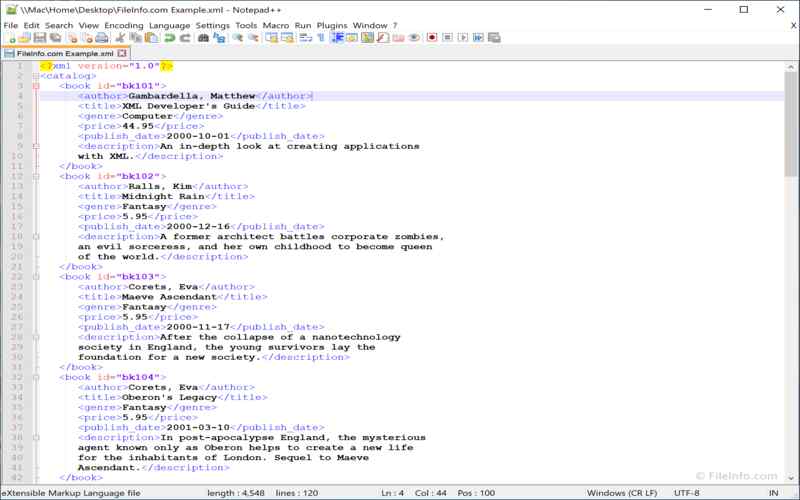
8. Emacs
Emacs is a text editor famous for its wide range of customization options. Developed in the 1970s, Emacs has proven its durability. It continues to be favored by developers. It provides features such as highlighting syntax, folding code, creating editing macros, and allowing scriptability. Emacs is highly customizable; users can tailor it to their needs through configuration files.
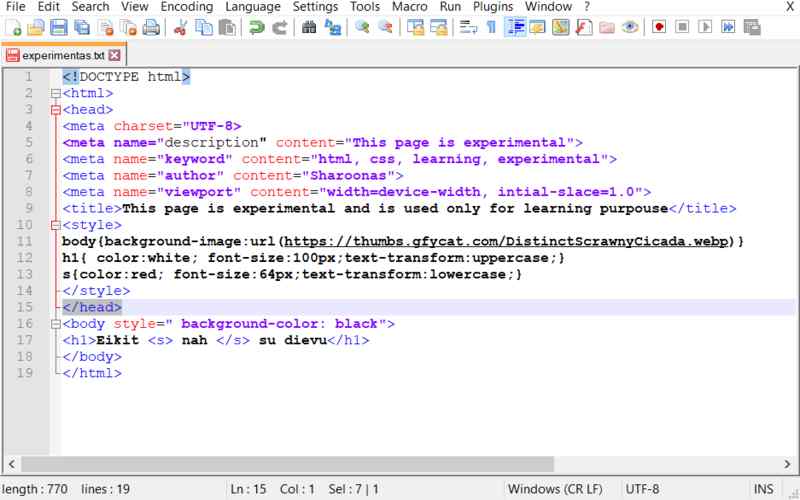
9. Vim
Vim (Vi Improved) is a powerful text editor loved by many. It offers syntax highlighting, code folding, macro recording, text navigation, and editing modes.
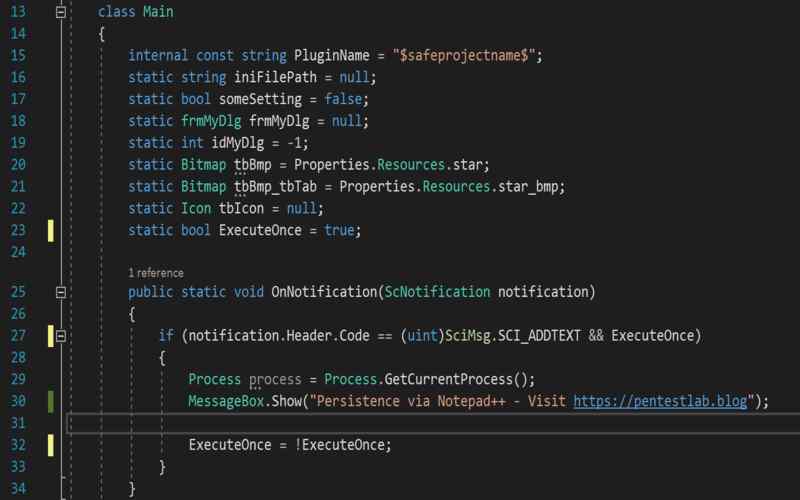
10. Bluefish
Bluefish is a speedy text editor specially designed for web development tasks. It has features like syntax highlighting, code snippets, and project management capabilities. With support for programming languages, it proves to be a tool for web developers.
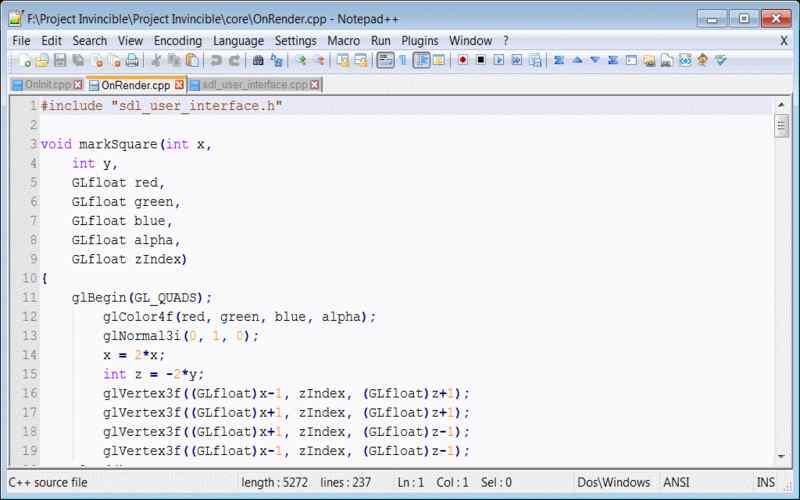
11. Juffed
Juffed is another robust text editor that aims to provide a smooth and efficient editing experience. Its features include session management, code snippets, plugin support, and helpful functionalities like code folding and line numbering. Additionally, it supports programming languages.
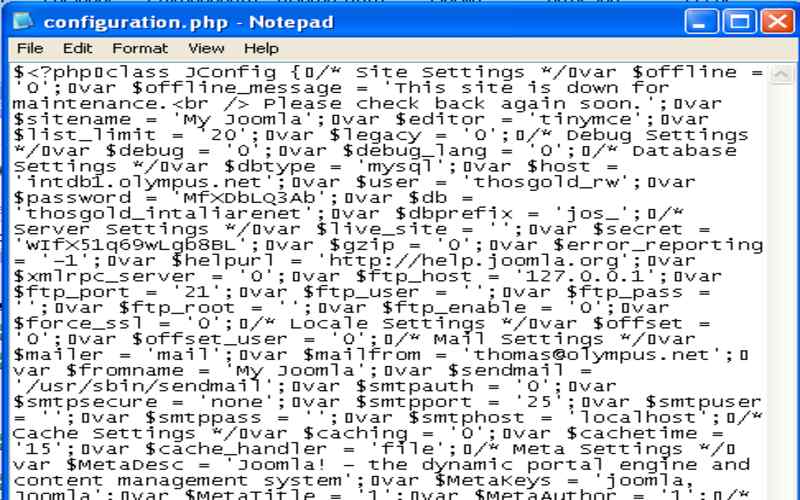
12. Pluma
Pluma originated as a fork of Gedit. Pluma has since evolved into a standalone text editor. While offering features like syntax highlighting, session management, and search and replace functionality, Pluma also supports plugins that can extend its capabilities for advanced tasks.
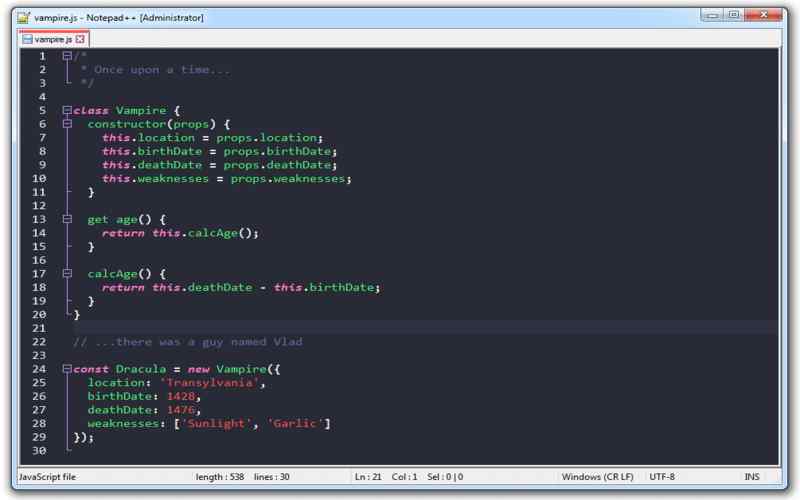
13. KWrite
KWrite is a text editor developed specifically for the KDE desktop environment. It provides functionalities such as syntax highlighting, code folding options, and session management capabilities. KWrite is an easy-to-use option, which makes it an excellent pick for individuals who prefer a text editor.
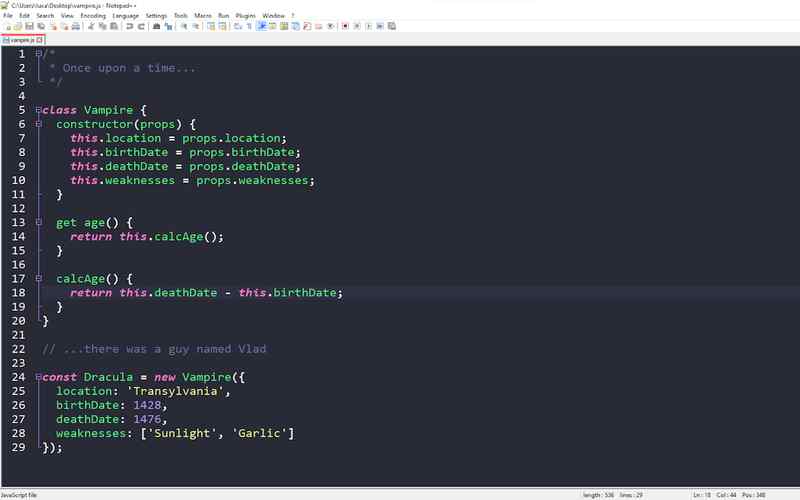
14. Kates Text Editor
Kates Text Editor is a text editor designed specifically for the KDE desktop environment. It offers document support, code folding, and syntax highlighting functionalities. Kate’s Text Editor is highly customizable, allowing users to tailor it to their preferences.
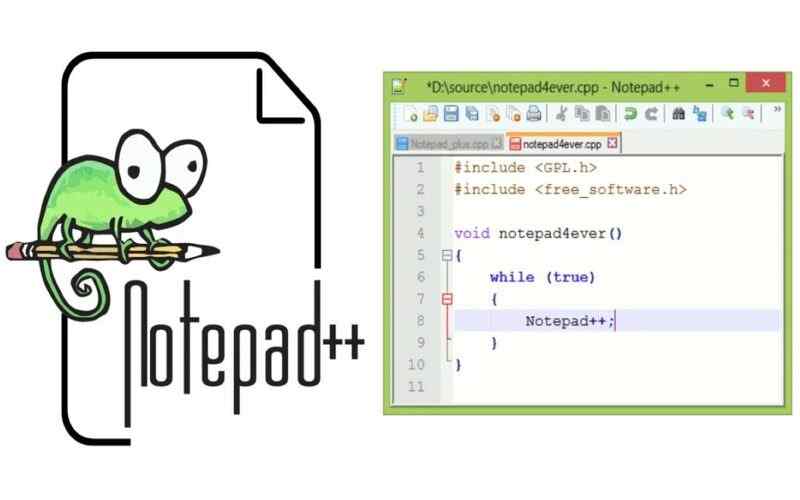
15. Mousepad
The mousepad is a lightweight text editor incorporated into the Xfce desktop environment. Its functionality encompasses syntax highlighting, word wrapping, and session management. The mousepad stands as a resource-efficient option for text editing tasks.
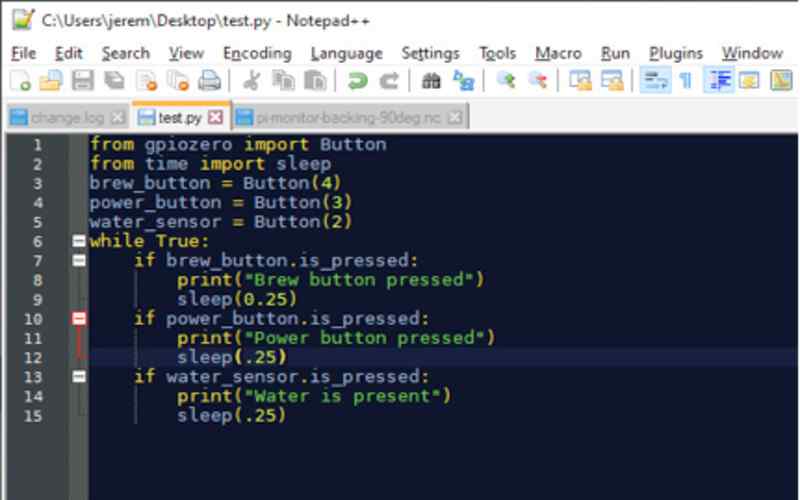
16. Leafpad
Leafpad is a lightweight and user-friendly text editor aiming to deliver a practical experience. It encompasses capabilities like syntax highlighting and word wrapping. Leafpad frequently assumes the role of the default text editor in Linux distributions.
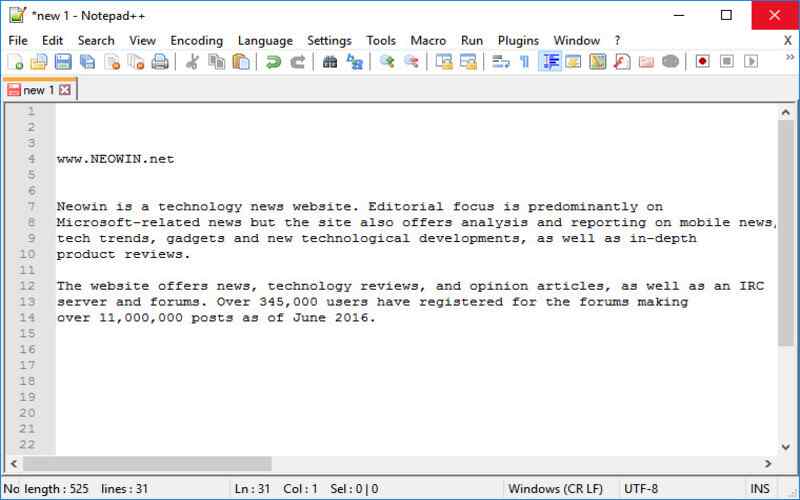
17. Notepadqq
Notepadqq emerged as a Linux text editor designed to resemble the functionality and interface of Notepad++ on Linux systems. It incorporates syntax highlighting, autocompletion, search and replace functionalities, and a tabbed interface.
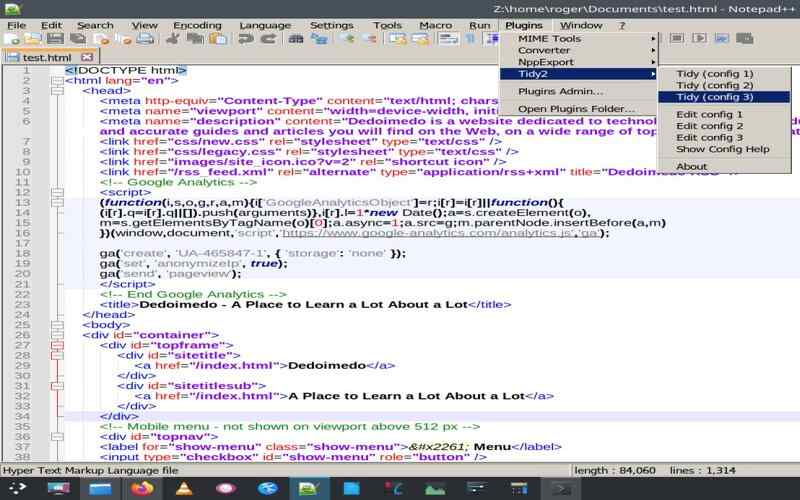
18. Pyditor
Pyditor is a lightweight text editor developed using the Python programming language. It offers functionalities like syntax highlighting, search and replace options, and file management capabilities. Pyditor emphasizes simplicity and ease of use, making it an excellent choice for users seeking a text editing experience.
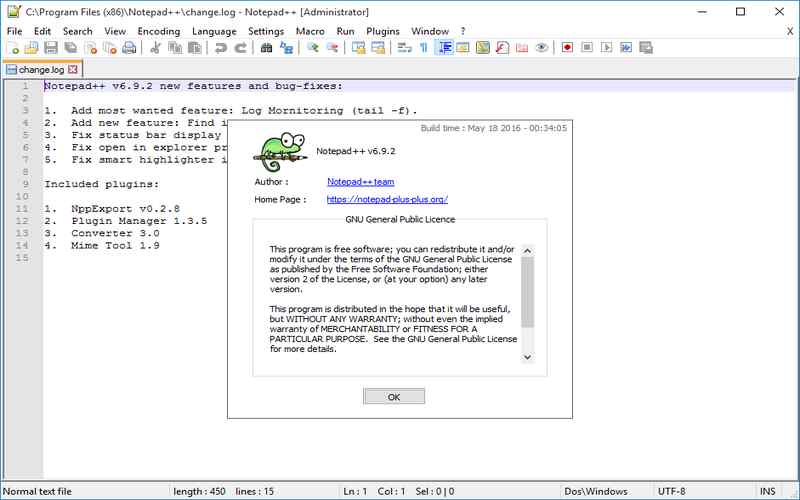
19. jEdit
jEdit caters to developers and programmers by providing them with a Java-based text editor solution. Its feature set includes functions like syntax highlighting, code folding assistance, and recording capabilities. jEdit is among users due to its support for various plugins and extensive customization options.

20. Scite
Another option worth considering is Scite, a text editor with simplicity and efficiency. It provides syntax highlighting, session management, and file searching. Scites focus on speed and efficiency, making them an ideal choice for users who value performance.
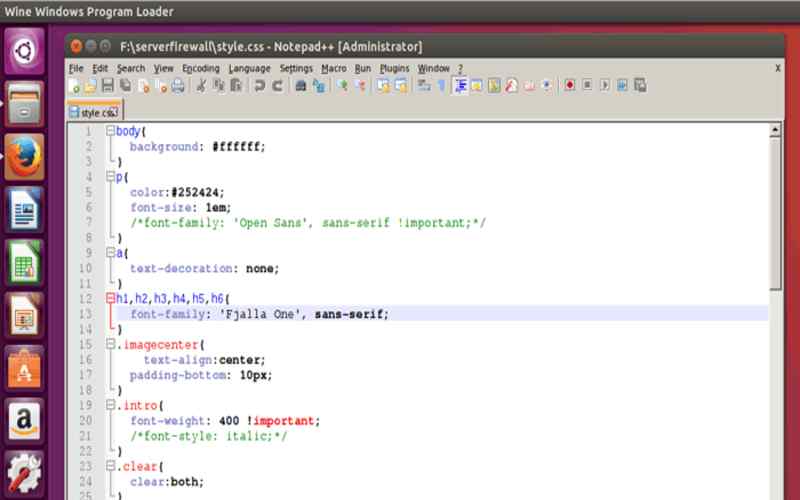
Conclusion
Here are the top 20 alternatives to Notepad++ for Ubuntu and other Linux distributions. Each text editor mentioned in this list has features and benefits, allowing users to select the one that aligns with their needs and preferences. Whether you’re looking for a text editor to write text files or a powerful programming editor, a wide range of options are available for Linux users. Take your time to explore these choices and find the text editor that suits your workflow and requirements the best.

